TGIF :: The Long(evity) Game: Outsmarting the Alcohol Industry
#102 || How to Rewire Your View of Drinking and Break Free for Good
Some of you will recognize this theme from a TGIF I published 18 months ago. The topic has been resurfacing as I hear from people trying to hack their way into drinking less. If you have insights or can relate, I’d love to hear from you via a comment or a ♡ below.
Once upon a time, I was trying to talk a teenager out of a nascent nicotine vaping habit. “It’s terrible for you, addictive, full of toxic chemicals, and you’re an athlete!” After a few weeks of trying to get him to stop with what I can only call shame-coaching, it was clear that my attempts were failing.
“Have you tried pointing out that he’s being duped?” my dear friend and youth wellness expert suggested. “They hate it when they realize they’re being manipulated—and by grown-ups!”
Sure enough, something shifted when I changed my message to “Don’t be fooled. You’re smarter than that. Don’t let a room full of clever, well-paid marketers convince you to do something we all know is harmful and beneath you.”
This was a twist on the first two of The Eight Awarenesses at work:
1. Clear: My life is better clear.
→ The question we can ask: Am I better off without this?
2. Choice: I Choose What I consume.
→The question we can ask: Am I being influenced by something outside of me, or am I choosing this from a place of authentic agency, true to me?
Related and increasingly important: Is this an informed decision?
More on this below.
It got me wondering: for the hundreds of millions of people trying to drink less—or not at all (80 million in the U.S. alone)—could a simple shift help? What if realizing we’ve been duped by the alcohol industry made it easier to walk away? Pair that with the growing awareness of alcohol’s serious health risks, and the case for quitting gets even stronger.
Maybe we’re under their influence.
Many of us reasos to drink less (or not at all), but we do it anyway, with 2.3 billion people “drinking regularly,” as reported by the World Health Organization (WHO).1
Yet, it’s getting harder and harder to ignore all of the science encouraging us to drink less or quit altogether:
As stated by the WHO in 2023, no amount of alcohol is safe for our health.
The U.S. Surgeon General Dr. Vivek Murthy issued a similar statement earlier this year: There is a causal link between alcohol consumption and cancer.
The CDC has made similar statements: Alcohol is a known group 1 carcinogen with direct links to seven deadly cancers and 200 additional health concerns (not to mention countless social, cultural, and family-related harms).
You can read more about this, including my own intimate experience of learning about the link between alcohol and breast cancer in a previous post: Informed Choices, Alcohol & Cancer, and Why They're Freaking Out in Europe This Week.
When we see the sheer scale of money and effort poured into keeping us hooked, it’s hard to escape the truth: we are, in fact, being duped.
What we’re up against:
1. Big Alcohol Marketing
Alcohol sales top $1.5 trillion a year, with more than $8 billion spent annually to keep them that way—much of it aimed at women and young people, who statistically drink less than men. The NIH details this extensively in its report: The Alcohol Marketing Landscape: Alcohol Industry Size, Structure, Strategies, and Public Health Responses.
Alcohol companies market everywhere—ads, sponsorships, bar promos, product placements, even direct influence campaigns. In 2022, Nielsen reported that half of their ad budgets went to digital, especially Instagram and TikTok. The message? Drinking makes you sexy, fun, sophisticated. It’s how you relax, celebrate, even feel desirable.
For women, the spin is sharper: alcohol is sold as independence, sex appeal, glamour—even a tool for weight control.
It’s no wonder so many of us are confused about our relationship with booze.
2. Lobbying to Protect Revenues at our Expense
Commercial lobbying further interferes with the development and implementation of public health policies. The alcohol industry spent $541 million on lobbying in the period between 1998 and 2020 in the United States alone.2
Primary Big Alcohol lobbying efforts:
Limit taxes that could reduce consumption.
Keep informative warning labels off of alcoholic products.
Keep alcohol as a risk factor out of U.S. Dietary Guidelines (the latest report was pulled from the final just last week).3
Conceal evidence of health risks (see NYT coverage here and here).
Weaken regulations designed to protect public health interests.4
For a deep dive on these efforts and impacts, see The Lancet’s April 2022 piece: Shining a light on international alcohol industry lobbying.
💪🏼 🙏🏼 💪🏼
If you are moved by this, please consider learning about our humble and important work at the United States Alcohol Policy Alliance and making a donation, if you can.
Even the smallest of contributions help us scale our work. Information HERE.
💪🏼 🙏🏼 💪🏼
3. Manipulation of Scientific Research and Reporting
Following in the footsteps of Big Tobacco, the alcohol industry is actively involved in suppressing or manipulating information about alcohol health risks. As reported by the NIH report “Under the influence: system-level effects of alcohol industry-funded health information organizations,”
“the alcohol industry is active in funding corporate social responsibility initiatives, with a particular focus on ‘responsible drinking’ campaigns, often facilitated by national-level charities established and/or funded by the alcohol industry and associated organizations.”
A recent example (as also covered by the New York Times):
“In 2018, a $100 million clinical trial on how ‘moderate’ alcohol use affects health was cancelled in the US. This was because it was found to be biased towards producing findings that small amounts of alcohol have health benefits. The trial was paid for by . . . the alcohol industry.”
You can read a full report here and a deep dive on some of these efforts, as prepared by Movendi International, here.
We’re smarter than they think.
We are increasingly “alcohol aware.” I know from my own anecdotal experience that even in the last eight+ years since I paused my own drinking habits, responses to my choices have shifted from “Oh, I didn’t know you had a problem” to “That’s awesome. I’d love to do that myself.”
In fact, it seems like it’s increasingly cool to not drink in a whole range of circles from young republican groups, Silicon Valley techies, to women reclaiming their health and wellbeing. In fact, a recent Gallup poll confirmed alcohol consumption is at a 90 year low.
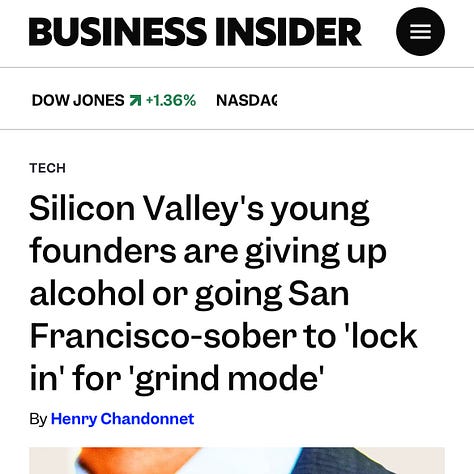
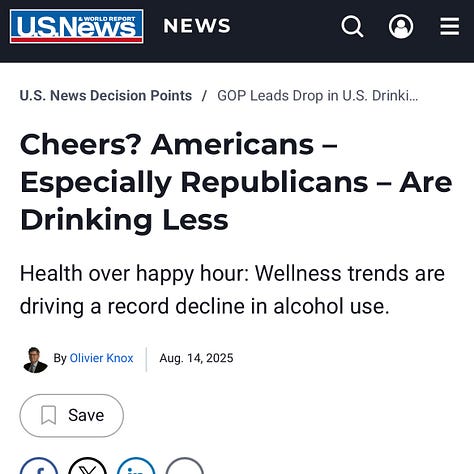
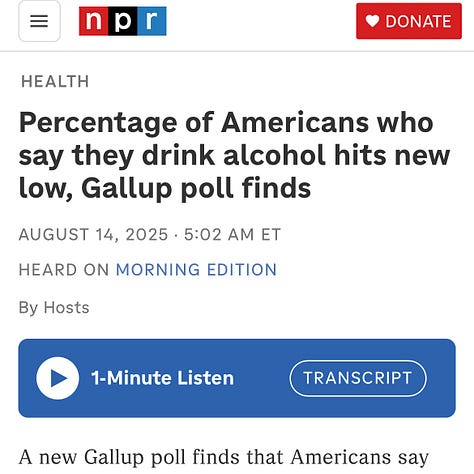
And we hate being duped.
Research shows that feeling cheated is one of the most powerful emotional triggers we have—so painful that people will go to extraordinary lengths to avoid it. Maybe it’s time we take a deeper, closer look at our influences. Question who has our best interests in mind. Wonder why there’s so much money and time being spent suppressing science.
About that teen…
I can’t say with certainty that he never hits a vape pen, but considering that he might be being duped definitely got through to him in ways other messages didn’t.
I predict that by the time today’s teenagers are raising their own, we’ll view alcohol in a manner similar to have we now see tobacco products: addictive, unhealthy, and not cool (despite some fantastic film scenes to the contrary). The newest generations among us already recognize this with young adults drinking less than in prior decades (Gallup detail here).
How can we un-dupe ourselves?
Take a 30, 60, or 90 day break from a habit and assess: How does it feel? Are temptation triggers from the inside (random desire) or the outside (impacted by environments, people, messaging)?
Limit exposure to alcohol marketing by turning off the category in social feeds (how to here) and trying to avoid other alcohol-centric ads, content, and especially movies (Netflix being among the biggest beneficiaries of sneaky alcohol placement “ads” these days).
Take the time to read scientific materials about the true effects of alcohol (I’ve linked to many above). I didn’t do this until I actually had cancer and so wish I did earlier.
Spending a little time in an alcohol-infused environment, sober.
Do your best to act from conscious agency. Resist doing things out of habit or under the influence of others or the marketing information that surrounds us. Really live with and by The Second Awareness (I choose what I consume).
I’ve yet to meet someone who regrets no longer drinking, yet countless people who wish they’d given it up sooner.
Be well.
❤️
⭕️ Our next Saturday Sangha is October 4th, 2025 at 9:00 AM PT / Noon ET. While not about “sobriety” or “recovery,” we are all actively exploring a life without dimmers. These are beautiful hours! Thank you to those who join. Link for an invitation here.
📚 We are getting ready for the Undimmed “pub date” (January 6th, 2025), booking various venue and bookstore visits and events for the Winter-Spring timeframe. Is there a place you think I should consider for a talk or an interview about Undimmed? I’d love your suggestions (US & UK are first areas of focus).
💌 What’s Next? Part 2 of my 3-part series on my book process (the HOW) coming soon (Part 1 on Why is here: Unearthing our WHY.
Novel Insights Into Big Alcohol’s Lobbying Footprint in the United States, published by Movendi January 15, 2024.




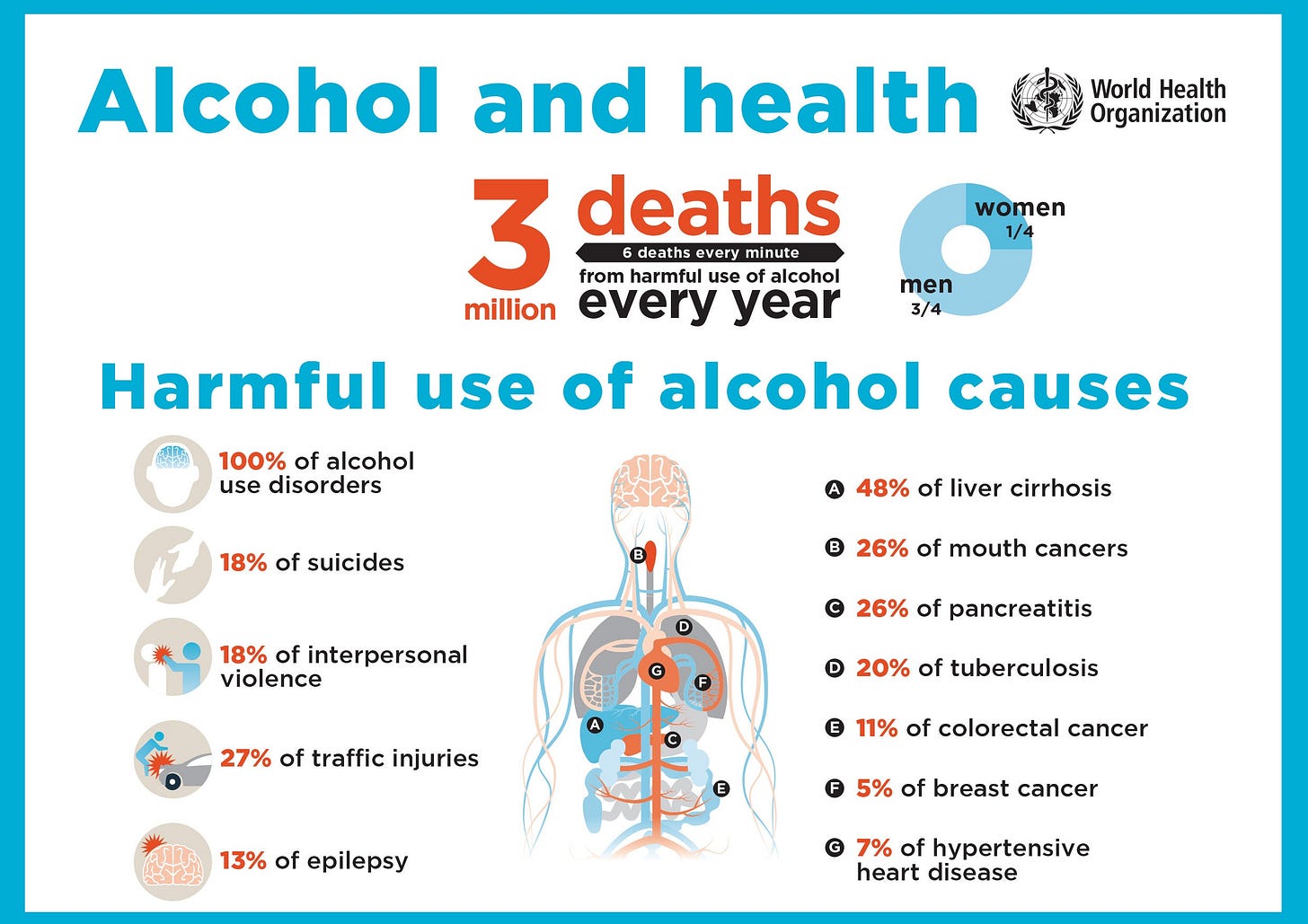
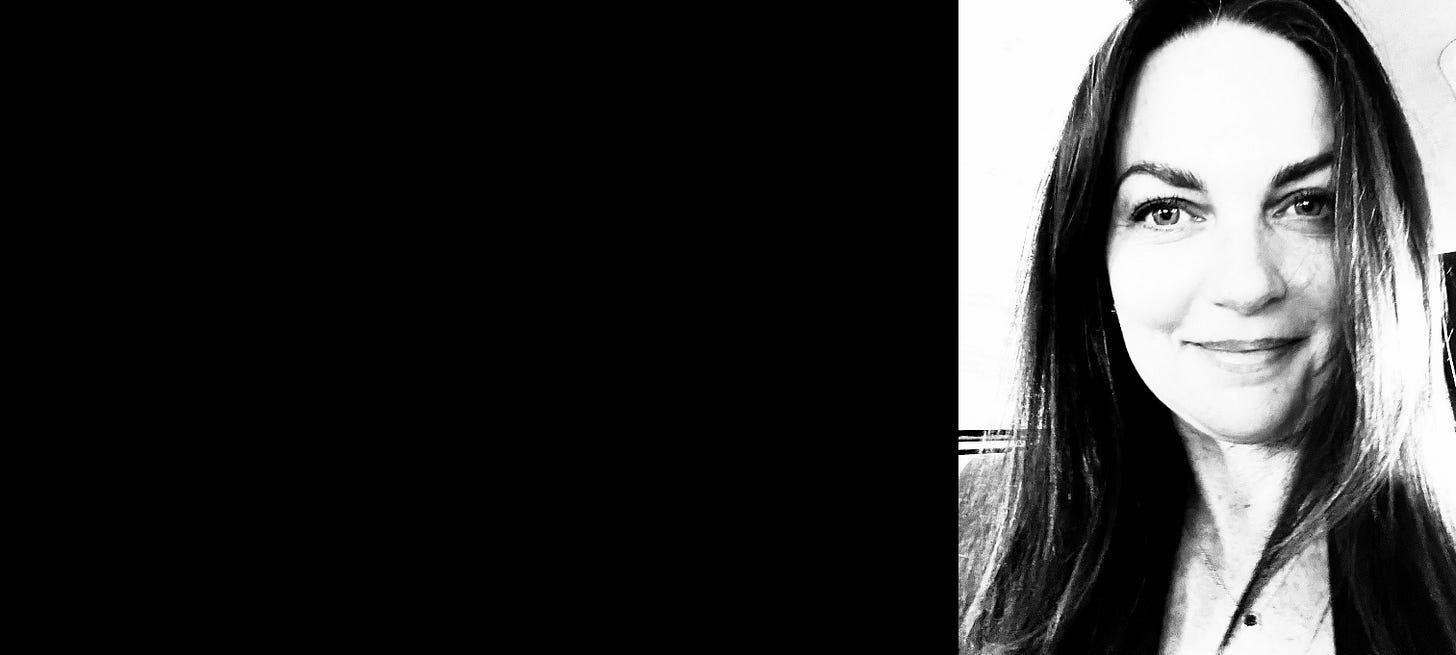
such great information in here, Cecily. thank you. I have felt so much better after giving up alcohol for a year. I'm still blown away by comments like, "Oh, do you have a problem?" usually from people who might (!) ....but do find that these are less frequent than before. Cheers to living life more clearly and more information out there that allows us to make more conscious decisions.
I suggest you come and visit godmother’s bookstore in Summerland (right next to Montecito). The place is incredible has a cult following.